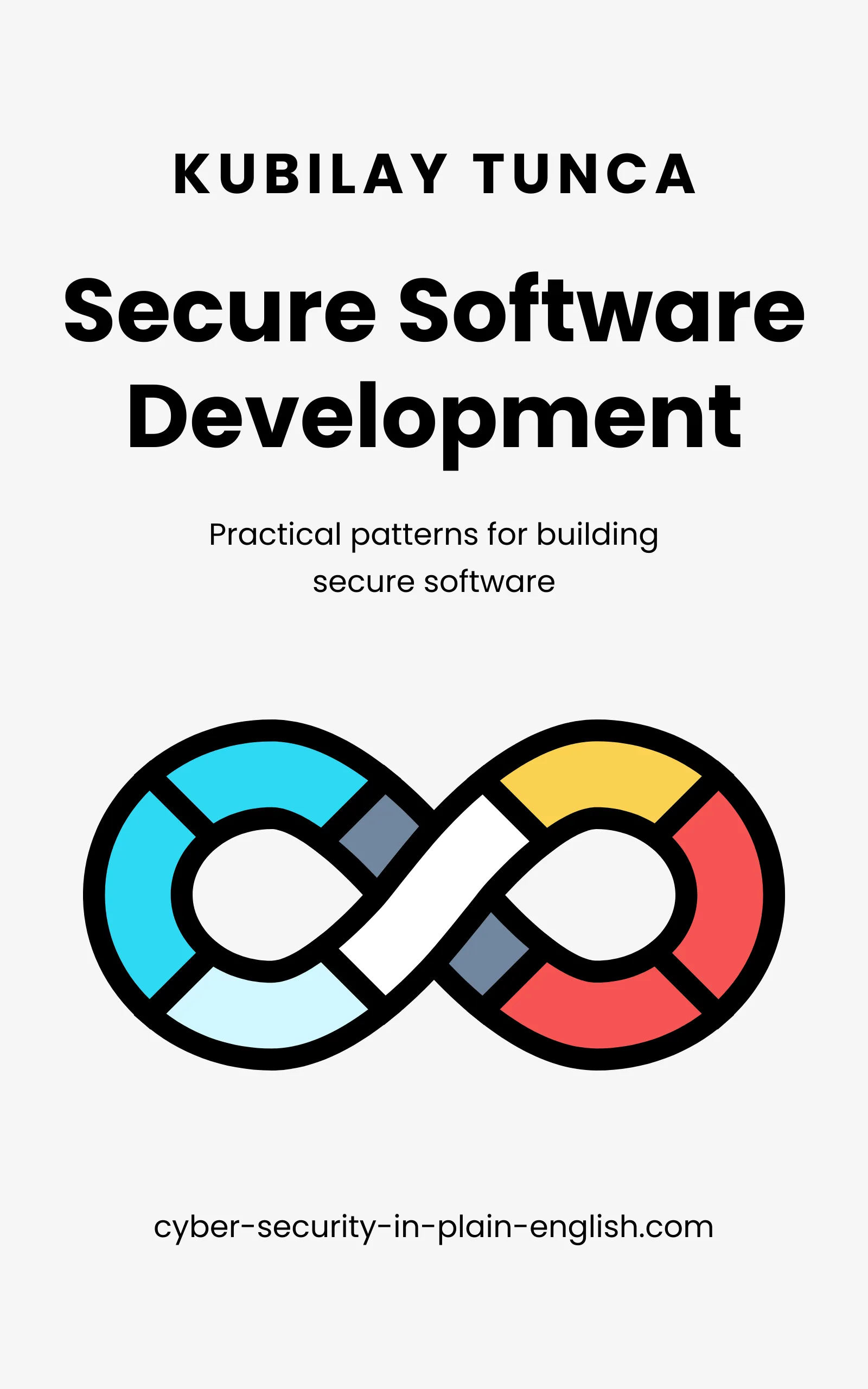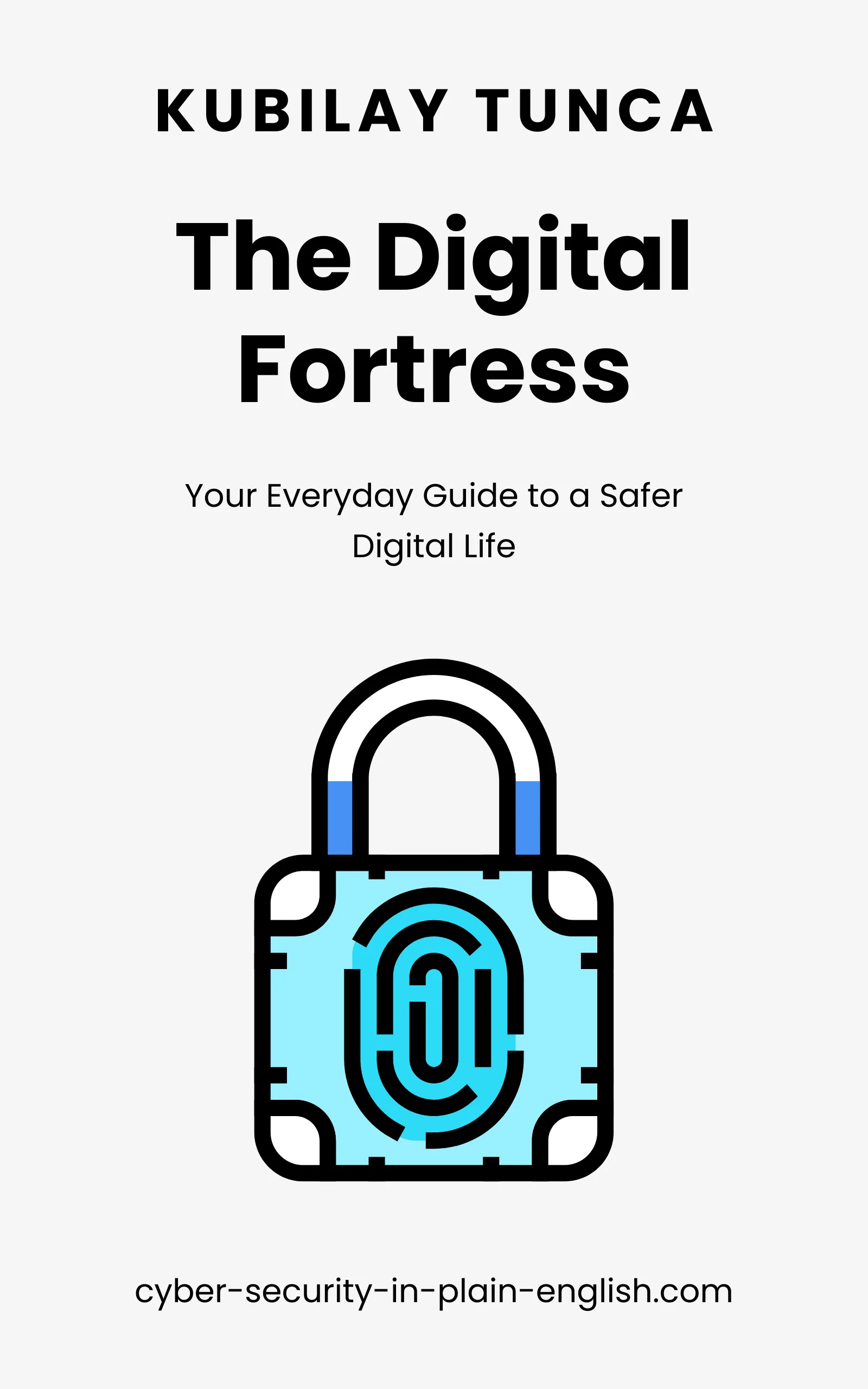Published
- 5 min read
Understanding Firewalls: How They Protect Your Online Activity

How to Write, Ship, and Maintain Code Without Shipping Vulnerabilities
A hands-on security guide for developers and IT professionals who ship real software. Build, deploy, and maintain secure systems without slowing down or drowning in theory.
Buy the book now
Practical Digital Survival for Whistleblowers, Journalists, and Activists
A practical guide to digital anonymity for people who can’t afford to be identified. Designed for whistleblowers, journalists, and activists operating under real-world risk.
Buy the book now
The Digital Fortress: How to Stay Safe Online
A simple, no-jargon guide to protecting your digital life from everyday threats. Learn how to secure your accounts, devices, and privacy with practical steps anyone can follow.
Buy the book nowUnderstanding Firewalls: How They Protect Your Online Activity
Introduction
When it comes to cybersecurity, firewalls are often one of the first lines of defense. But what exactly is a firewall, and how does it work to protect you online? Understanding the role of firewalls can help you appreciate their importance in keeping your personal information safe. This article will break down what firewalls do, how they work, and why they’re essential for protecting your online activities.
What is a Firewall?
In simple terms, a firewall is like a security guard for your computer or network. It monitors incoming and outgoing data and decides which traffic is safe to let through and which should be blocked. Firewalls act as a barrier between your device and the internet, helping prevent unauthorized access to your information.
Firewalls can come in two main forms: software firewalls, which are installed on individual devices, and hardware firewalls, which are often part of a router and protect an entire network. Both types have similar functions but are used in different situations depending on the level of security needed.
How Does a Firewall Work?
To understand how firewalls work, imagine a bouncer at the entrance of a club. This bouncer only lets people in if they meet certain criteria, like having an ID. Similarly, a firewall uses a set of rules to inspect data trying to enter or leave your device. These rules decide whether to allow or block specific types of traffic.
Here’s a quick look at some common firewall rules:
- IP Filtering: Allows or blocks data based on the IP address it’s coming from.
- Port Filtering: Blocks or allows traffic based on specific “ports” used for different types of internet activities (like web browsing or file sharing).
- Content Filtering: Inspects the content of data packets to see if they match certain patterns associated with malicious software.
Firewalls keep a close eye on data, blocking anything that doesn’t meet their security rules. This means that even if a hacker tries to access your device or data, the firewall is there to block the attempt and protect you.
Types of Firewalls: Which One Do You Need?
Firewalls come in several types, each with its own strengths. Here are the most common types:
Packet-Filtering Firewalls
Packet-filtering firewalls are the most basic type, checking each packet of data (like a small “chunk” of information) against a set of rules. If a packet matches the rules, it’s allowed through; if not, it’s blocked. Packet-filtering firewalls are quick and effective for basic security but don’t inspect the content of data deeply.
Stateful Inspection Firewalls
Stateful inspection firewalls go a step further by tracking the state of active connections. They remember information about previous packets, which helps them make more informed decisions about whether to allow or block new packets. These firewalls provide stronger security than packet-filtering firewalls.
Proxy Firewalls
Proxy firewalls act as intermediaries, filtering data through a proxy server instead of connecting directly to the internet. This type of firewall hides your IP address, adding an extra layer of privacy. Proxy firewalls are effective for organizations that want to keep online activities private.
Next-Generation Firewalls (NGFW)
Next-Generation Firewalls (NGFW) are the most advanced type, combining several firewall techniques with additional features, like intrusion prevention, deep packet inspection, and application control. NGFWs are often used by businesses that need top-level security.
For home use, most people rely on a combination of software firewalls (built into operating systems) and hardware firewalls (in routers). These provide adequate protection for everyday internet use.
Why Firewalls Are Essential for Your Online Security
Firewalls play a crucial role in protecting both personal and professional networks. Here are some key reasons why firewalls are so important:
- Blocking Unauthorized Access: Firewalls prevent hackers from accessing your device without permission. This is especially important when using the internet on public networks, where risks of unauthorized access are higher.
- Preventing Malware and Viruses: Firewalls can block malware and viruses from entering your device by filtering out data from suspicious sources.
- Ensuring Privacy: By blocking certain outgoing data, firewalls can also prevent personal information from being exposed, which is useful for protecting sensitive data from unauthorized sharing.
- Controlling Network Traffic: Firewalls allow you to control which applications and services can connect to the internet, helping you manage your data usage and prevent unnecessary connections that may compromise security.
Tips for Using Firewalls Effectively
Having a firewall is an important step, but it’s also essential to use it effectively. Here are a few tips to help you make the most of your firewall protection:
- Keep Your Firewall Enabled: Most devices come with a built-in firewall. Make sure it’s turned on and that you don’t disable it for convenience.
- Use Strong Passwords for Routers: If you’re using a hardware firewall, such as one in your home router, make sure the router is secured with a strong password to prevent unauthorized changes to the firewall settings.
- Update Firewall Software Regularly: Just like any software, firewall programs need regular updates to stay effective against new types of threats.
- Consider a VPN for Extra Protection: Firewalls are great for blocking unwanted traffic, but a Virtual Private Network (VPN) can add another layer of protection by encrypting your internet traffic.
Conclusion
Firewalls are a fundamental part of online security, acting as a protective barrier between your device and potential cyber threats. By understanding how firewalls work and choosing the right type for your needs, you can significantly reduce your risk of online attacks.
While firewalls alone aren’t enough to guarantee total security, they are an essential part of a strong cybersecurity strategy. Combined with other protective measures, like strong passwords and regular software updates, a firewall helps keep your online activity safe from intruders.